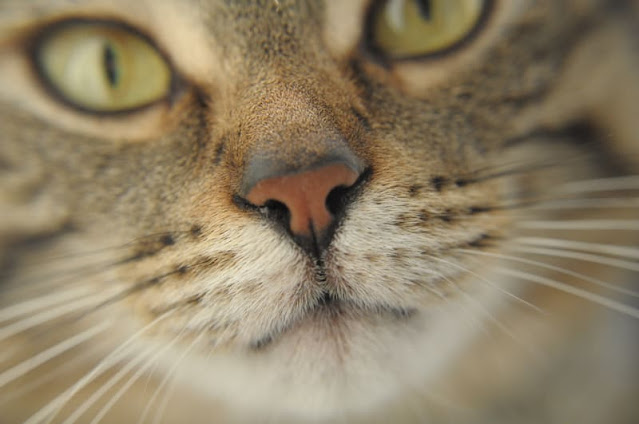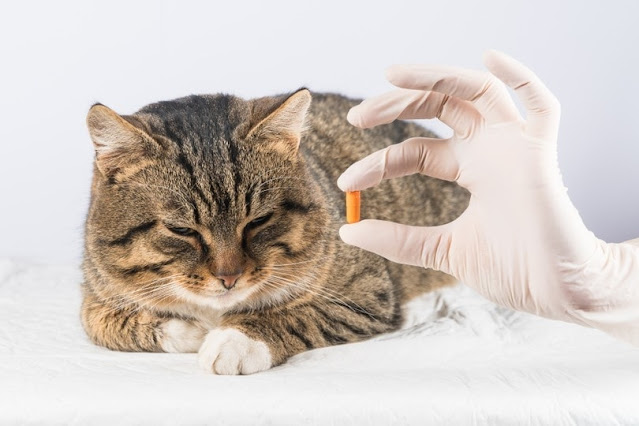newborn puppy remove mucus nose
Newborn Puppy Care
Welcoming a new puppy into your home can be an exciting and joyous occasion. However, it is important to be prepared for all aspects of caring for a newborn puppy, including any potential health issues that may arise. One common problem that newborn puppies may experience is nasal discharge or mucus in their nose. In this article, we will discuss the causes, symptoms, and remedies for mucus in newborn puppies’ noses.
Puppy Nasal Discharge
Nasal discharge, also known as a runny nose, is a common issue in newborn puppies. It can occur due to a variety of reasons, including respiratory infections, allergies, or environmental irritants. When a puppy’s nose is congested with mucus, it can make breathing difficult for them and even affect their overall health and well-being. Therefore, it is essential to address this issue promptly to ensure the puppy’s comfort and proper development.
Puppy Breathing Problems
Puppies rely heavily on their sense of smell, and any obstruction in their nasal passages can lead to breathing difficulties. When a puppy’s nose is clogged with mucus, they may exhibit symptoms such as snoring, wheezing, or shallow breathing. In severe cases, the puppy may struggle to breathe, which can be distressing for both the puppy and its owner. Prompt intervention is necessary to alleviate these breathing problems and improve the puppy’s quality of life.
Puppy Nasal Congestion
Nasal congestion occurs when the nasal passages become swollen or blocked due to mucus buildup. In newborn puppies, this congestion can be caused by respiratory infections or other factors such as exposure to cold temperatures or irritants in the environment. If not addressed promptly, nasal congestion can lead to more severe respiratory issues and can even contribute to pneumonia in puppies.
Clearing Newborn Puppy Nose
If you notice mucus in your newborn puppy’s nose, there are several steps you can take to help clear their nasal passages:
- Gently wipe the nose: Using a soft, clean cloth or tissue, gently wipe away any visible mucus from the puppy’s nose. Be careful not to apply too much pressure to avoid causing discomfort or injury to the puppy.
- Use saline drops: Saline drops specially formulated for newborn puppies can help moisturize and loosen the mucus in their nasal passages. Follow the instructions on the product carefully and administer the drops as directed.
- Provide steam therapy: Create a steamy environment by running a hot shower and bringing the puppy into the bathroom. The steam can help loosen the mucus and make it easier for the puppy to breathe. Make sure the water temperature is safe for the puppy and never leave them unattended.
- Keep the puppy hydrated: Ensure that the puppy has access to clean, fresh water at all times. Staying well-hydrated can help thin the mucus and make it easier for the puppy to clear their nasal passages.
- Elevate the puppy’s head: Placing a small towel or blanket under the puppy’s bedding to elevate their head slightly can facilitate better drainage of mucus from the nose.
If the mucus persists or the puppy’s condition worsens, it is essential to seek veterinary care. A veterinarian will be able to assess the puppy’s condition and provide appropriate treatment or further recommendations.
Newborn Puppy Respiratory Care
In addition to addressing nasal congestion, it is crucial to ensure proper overall respiratory care for newborn puppies. Here are a few tips to keep in mind:
- Maintain a clean environment: Regularly clean the puppy’s living area, removing any potential irritants or allergens that could contribute to respiratory issues.
- Monitor temperature: Newborn puppies are more susceptible to temperature changes. Ensure that the puppy’s environment is kept at a comfortable temperature, avoiding extremes that could impact their respiratory health.
- Provide proper nutrition: A well-balanced diet is essential for the overall health and development of newborn puppies. Consult with a veterinarian to ensure that the puppy’s nutritional needs are met.
- Limit exposure to potential respiratory irritants: Avoid exposing the puppy to smoke, strong chemicals, or other environmental factors that could irritate their respiratory system.
- Keep vaccinations up to date: Following a recommended vaccination schedule can help protect newborn puppies from respiratory infections and other illnesses.
Symptoms of Mucus in Newborn Puppies
Recognizing the symptoms of mucus in newborn puppies is crucial for understanding when intervention is necessary. Some common symptoms include:
- Excessive sneezing
- Nasal discharge or runny nose
- Difficulty breathing or noisy breathing
- Snoring sounds while sleeping
- Reduced appetite
- Lethargy or weakness
If you notice any of these symptoms in your newborn puppy, it is important to take action to alleviate their discomfort and prevent any potential complications.
Puppy Nasal Congestion Remedies
While it is always recommended to seek veterinary advice for proper diagnosis and treatment, there are a few remedies that may help alleviate puppy nasal congestion:
- Saline drops: As mentioned earlier, saline drops formulated for newborn puppies can help moisturize and clear the mucus from their nasal passages.
- Humidifier: Using a humidifier in the same room where the puppy spends most of its time can help add moisture to the air and reduce nasal congestion.
- Elevated feeding position: Feeding the puppy in an elevated position, such as using a raised food bowl, can help minimize the risk of mucus flowing into the nasal passages while eating.
- Warm compress: Applying a warm compress gently to the puppy’s nose can help soothe congestion and promote circulation.
- Avoid irritants: Ensure that the puppy’s environment is free from potential irritants, such as cigarette smoke or strong perfumes, which can worsen nasal congestion.
Remember, it is crucial to consult with a veterinarian before attempting any remedies to ensure they are safe and appropriate for your specific puppy.
Conclusion
Caring for a newborn puppy includes being aware of and addressing any nasal discharge or mucus in their nose. By understanding the causes, symptoms, and remedies for mucus in newborn puppies’ noses, you can provide the necessary care and support to ensure their comfort and well-being. Remember to consult with a veterinarian for proper diagnosis and guidance to address any respiratory issues your puppy may be experiencing. With proper care and attention, your newborn puppy will grow into a healthy and happy dog.













